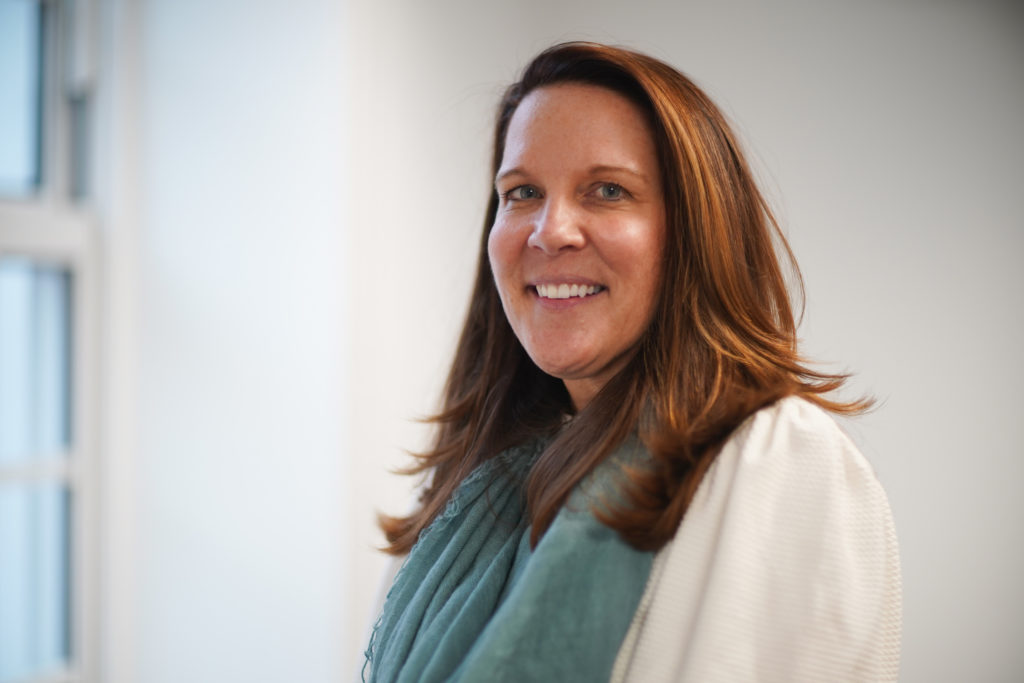With in-person interactions banned for the foreseeable future, fundraising officials have been forced to rethink how to maintain one of the University’s main revenue streams during the pandemic.
Patty Carocci, the associate vice president of alumni relations and annual giving, said staff are connecting with alumni through virtual events and with current students through professional development programs while building up two new emergency financial relief programs available for students and those with critical medical needs. Experts in higher education fundraising said checking in on alumni and other donors during this time can help remind donors about the value of their philanthropy even if economic strain creates short-term revenue shortfalls.
Carocci said all in-person events, including some alumni receptions around the country, have been postponed, and many have been transformed into virtual events. The development office has been promoting virtual networking and online webinars through a new weekly email blast to streamline communication to supporters, she said.
“Our hope is to safely engage with our amazing GW alumni community as soon as possible,” she said in an email. “We have a bicentennial to celebrate and look forward to the opportunity when we can gather together safely.”
Carocci said fundraising staff have encouraged alumni to contribute directly to relief efforts for students by donating to the GW Cares Student Assistance Fund and by mentoring graduating students through Career Connect that sets up students with alumni in their field.
“We are hoping to call on our alumni in the upcoming month to offer support, advice and congratulations to the members of the Class of 2020,” she said.
Consultant Washburn & McGoldrick released a survey of more than 400 higher education fundraising staff earlier this month, finding that more than 40 percent of surveyed staff worried that they wouldn’t be able to meet fundraising goals for the year. University President Thomas LeBlanc said the University is expected to lose $25 million by June 30 because of the impacts of the pandemic.
GW has recorded the lowest alumni giving rate among its peer institutions for two consecutive years but raised its third-highest donation total ever in fiscal year 2019.
Fundraising experts said continuing to provide professional support and check-ins with donors will ensure donations when the pandemic’s effects slow.
Matthew Lambert, the vice president for advancement at The College of William & Mary, said COVID-19 has changed the way his staff approach alumni events. Lambert said the office is emphasizing professional development and networking for alumni as unemployment numbers over the past month reach record highs.
He said his staff has been mostly making calls to thank donors for their past support, then quickly pivot the conversation to how the donor is holding up under the strain of the pandemic response. He said fundraising is a long-term business and being patient and supportive of alumni and donors now will pay off later.
“What we have found is that if you’ve done a good job over time making the case to your donors for why that support is important, now is just a time to reinforce again why that support is so critical right now,” he said.
Lambert said economic uncertainty is scaring fundraisers, but universities should analyze and survey top donors before undertaking a drastic measure like canceling a major fundraising campaign. GW’s next capital campaign is scheduled to launch in early 2021, the 200th anniversary of the University’s charter.
Lambert said donors’ attitudes and personal situations can change many times before the bicentennial, especially considering how rapidly the response to coronavirus pandemic evolves every day. How long the pandemic persists will impact how donors will be able to support the University’s major campaign and in turn how the development office will plan its work, he said.
“Unfortunately, we’re all living day-to-day and at our best week-to-week,” he said.
Michael Worth, a GW professor of nonprofit management and the former vice president for development and alumni affairs, said officials might have more difficulty maintaining connections during the pandemic, but they can’t wait for the country to reopen to start fundraising again.
“I’ve been fundraising a long time and I’ve seen recessions before – more than one – and better days do come,” he said. “You go out to talk to a donor three years from now and that donor says ‘where you been? I haven’t heard from you.’ That’s not a good thing.”
He said marketing to promote GW’s bicentennial will likely continue even if the campaign was delayed, which would still bring in money for the University.
Eric Streiff, a senior managing consultant at the philanthropy firm American Philanthropic, said his firm is advising clients to continue to invest in fundraising. He said it’s a “knee-jerk” reaction to cut funding for staff and marketing in the development office during times of financial stress, but universities and other organizations who stop focusing on fundraising will create a disconnect with their donors in the long-term.
He added that the pandemic has the unintended effect of weeding out donors who aren’t serious about the organizations they donate to and gives supporters the opportunity to show their loyalty.
“The people that were fair-weather friends so to speak, who are not as committed, are going to go on, which is fine,” he said. “We’re going to end up with a stronger base that’s going to have a stronger capacity for the future for most organizations.”








